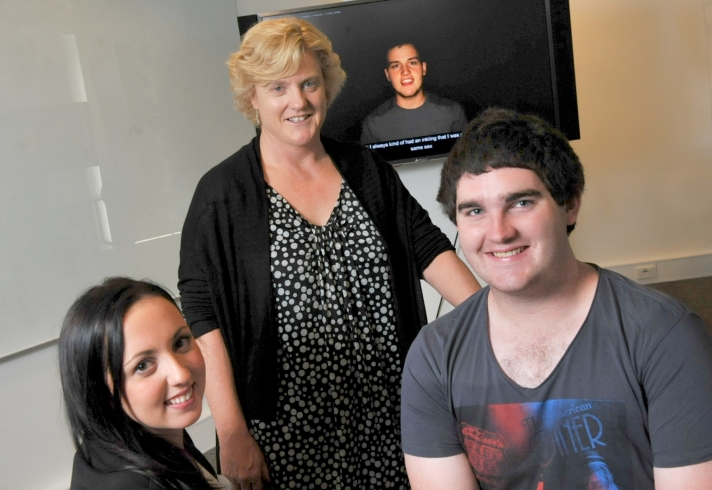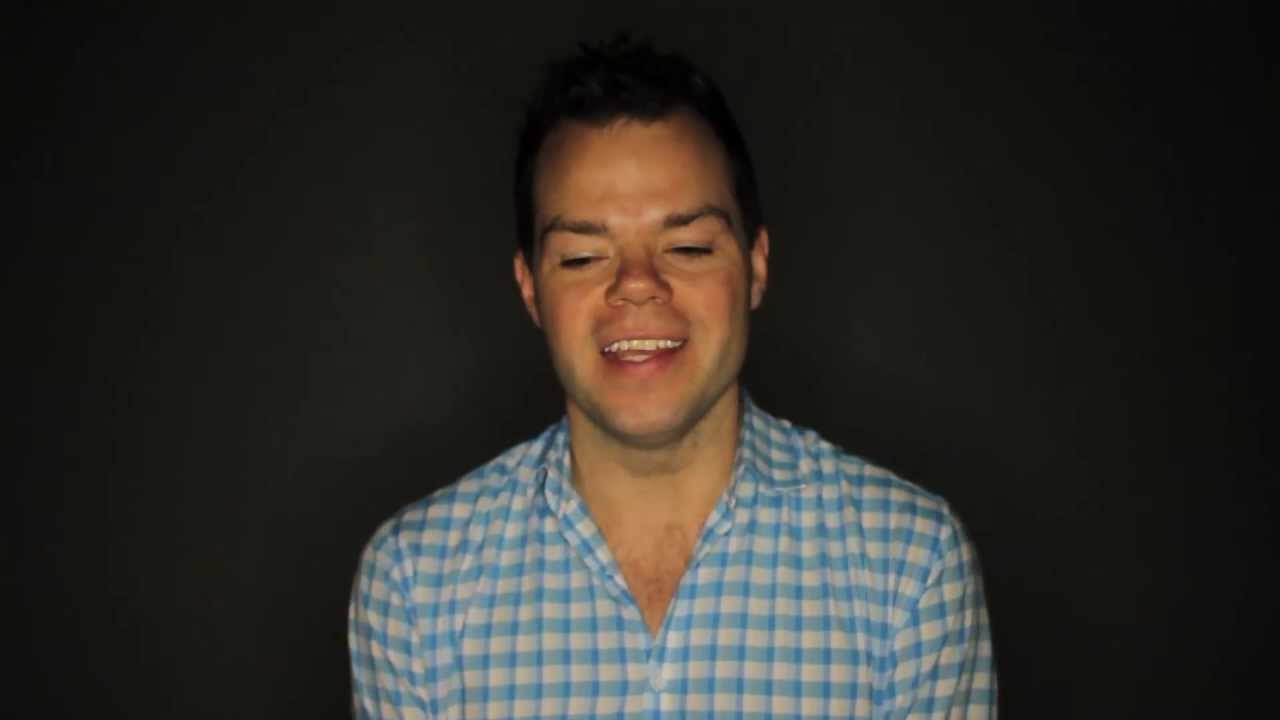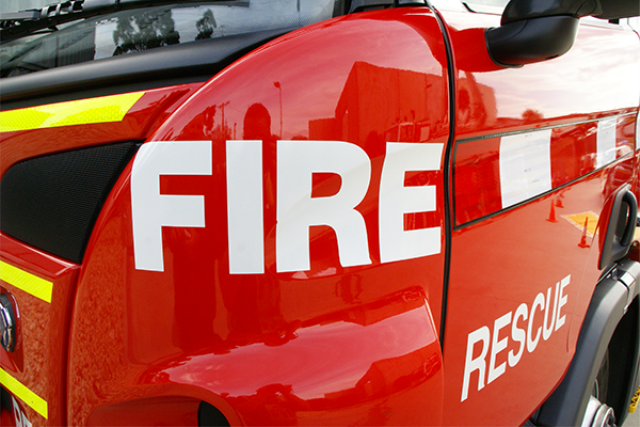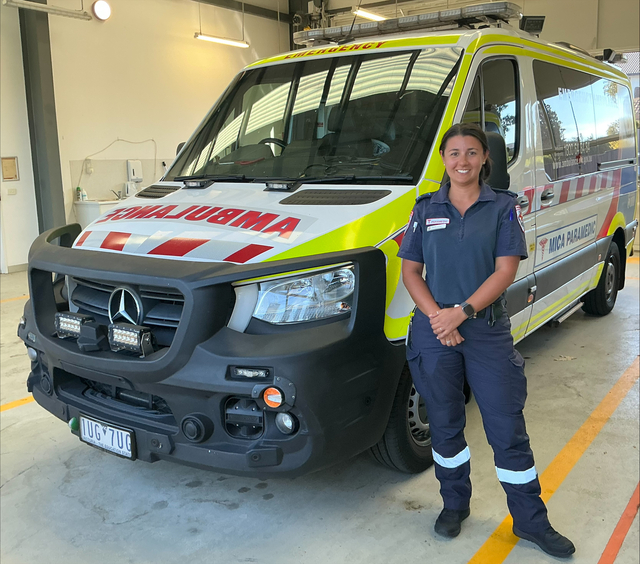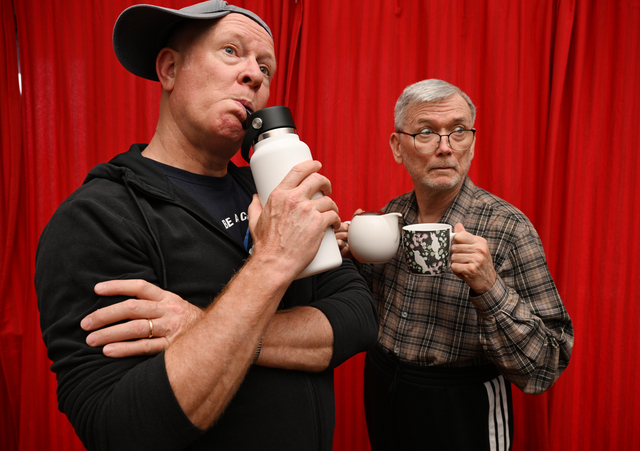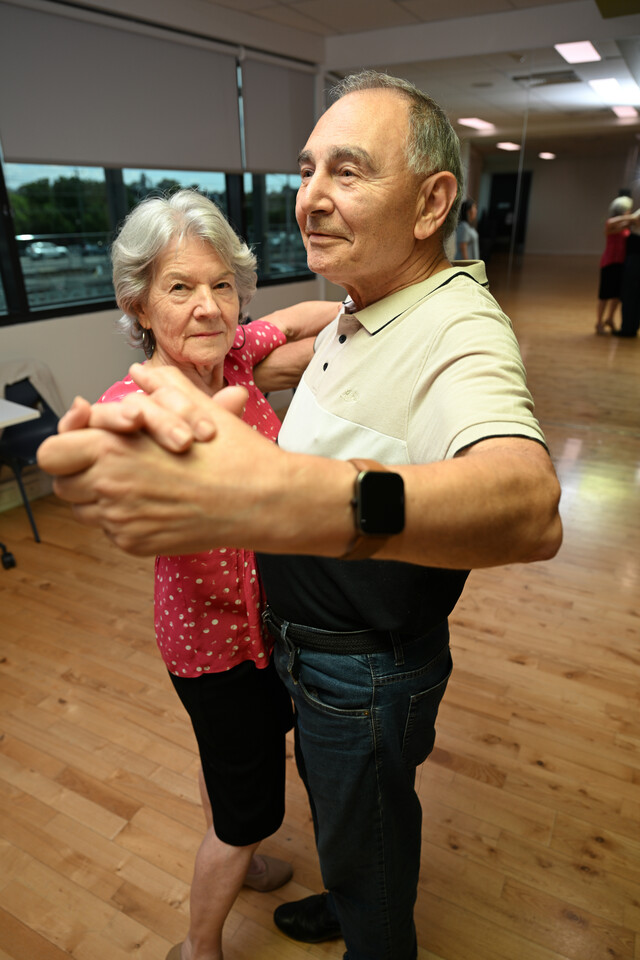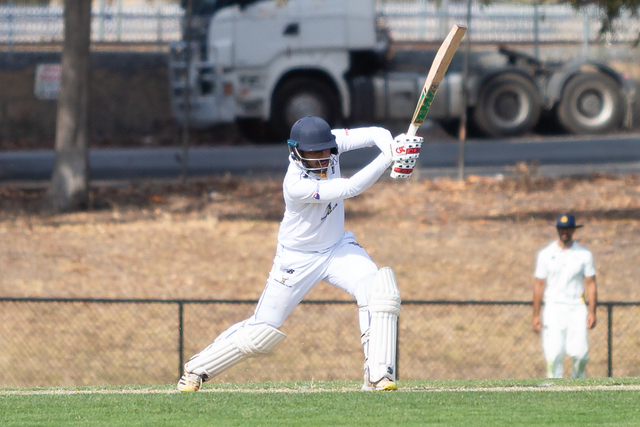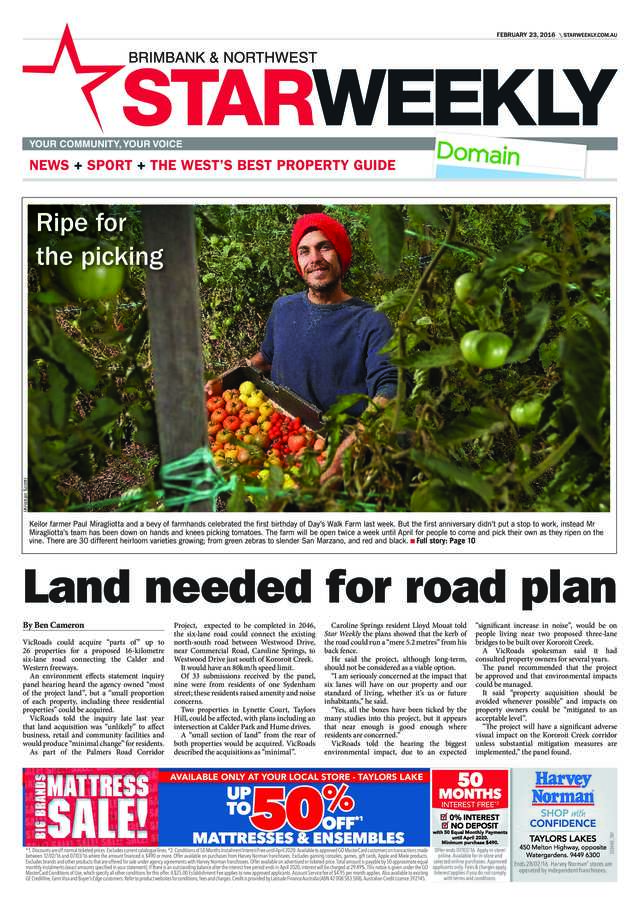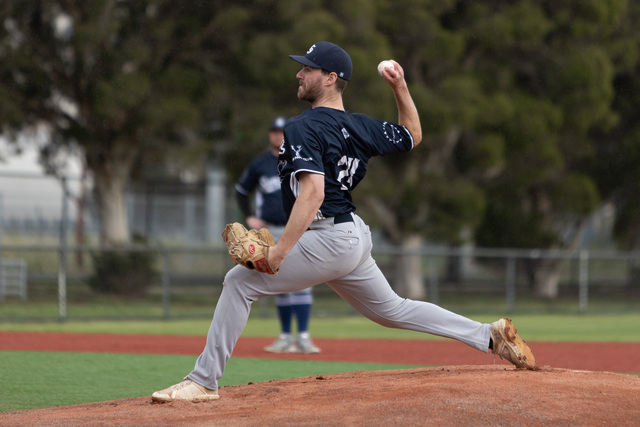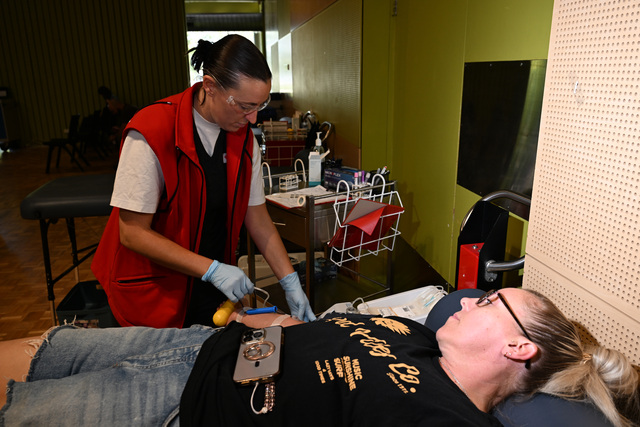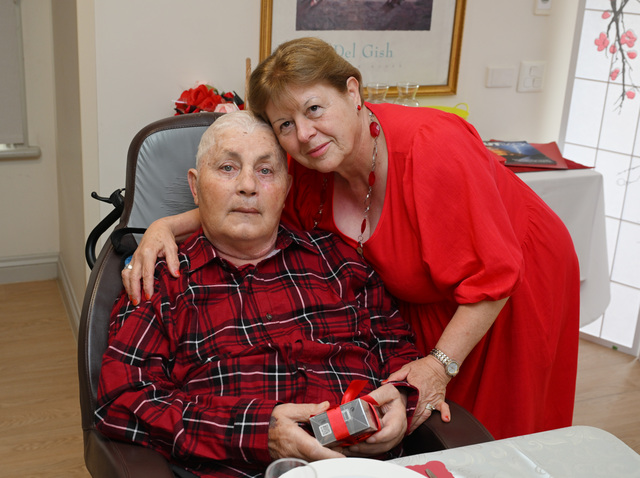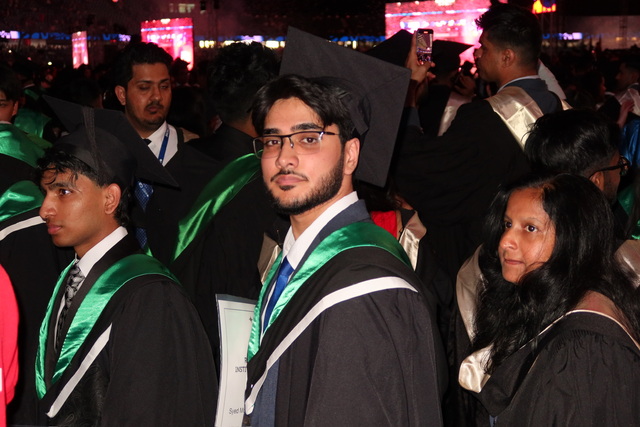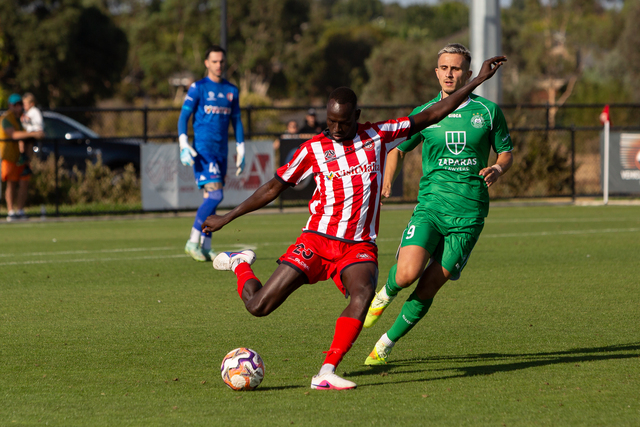FOR Kirsty Franic, coming out about her sexuality was about being true to herself.
But the Victoria University student and student union president, 24, says the journey to her family’s acceptance of her bisexuality was a harrowing one.
“There was a period when my parents didn’t speak to me. There was a lot of yelling and confusion on their part for something I had known about for a long time,” Ms Franic said.
“I went through depression and was at the point of being suicidal. But I got through the tears with the support of some really close friends and in time my parents accepted me for who I am.
“They realised that, above everything else, my happiness was most important.”
Ms Franic is using her experience to inspire others as part of Victoria University’s landmark It Gets Better project. She and others have made a seven-minute film as part of a global movement that began in the US in response to the number of students committing suicide as a result of bullying and homophobia.
The film highlights the struggles of the university’s gay, lesbian, bisexual, transgender and intersex (GLBTI) community.
Staff participant Dr Caroline Symons said the film was a way of reaching out to students who felt lost, isolated and underrepresented.
“People who are gay or lesbian or gender-diverse don’t just come out once in their lives; they spend their life coming out,” she said.
“Many young people have a challenging and discriminative experience when they come out to their communities and families, particularly in a school environment, and because of that they can feel isolated, as though there is no support for them.”
Dr Symons, who discusses her own bisexuality in the film, said despite society becoming more accepting of the GLBTI community, there is still a long way to go.
“There needs to be more conversations about the silencing, discrimination and isolation young people face in coming out, to stop the rate of suicides, and there needs to be more awareness of the support systems in place at the university for students who feel they have nowhere to turn.”
A 2010 La Trobe University survey of more than 3000 Australian GLBTI students found 61 per cent had been verbally abused, 18 per cent had been physically abused and 80 per cent had been bullied at school or university.
VU student David Michalowsky, 19, also features in the film, revealing his battle with bullying and the struggle to secure his father’s acceptance of his homosexuality.
“I was bullied quite badly at school for my sexuality and for being different to most other students,” he said. “Some students were really supportive of it, but others gave me a hard time.
“My dad also struggled to accept that I was gay for a long time.
“But in time, my family became my biggest support and I think it’s important for other young people to know that while you do feel alone initially, acceptance will come in time.”
The film premiered at the university’s Footscray Park campus last week.
To view the film, visit youtube.com/watch?v=uCtOknLlFmw
Life Line: 13 11 14

